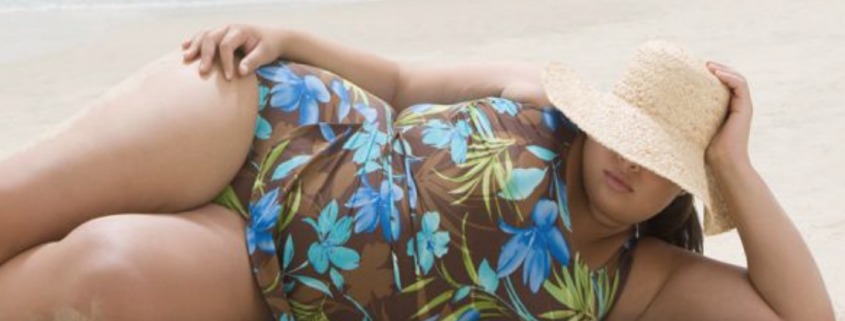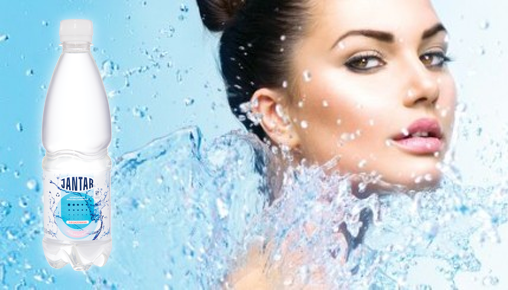Take care of hydration

Find out what your body needs during intense exercise.
Why is water life?
Water is the basis of life. An adult’s body consists of 60% water, a child’s body – 75%. Losing 3% of body water causes fatigue, while losing 10% is life-threatening. The water content in the body is subject to large fluctuations, both due to age and the quality of the food consumed (table salt content). Within 24 hours, 3 to 6% of body water is exchanged, i.e. after 10 days this value constitutes approximately 50% of body water. There is no life without water – it is so obvious that it borders on a cliché, but that does not mean that it should be forgotten or disregarded. But how can you properly hydrate your body?
Water basis of health!
Every dietitian repeats from the very beginning of cooperation with the patient that one of the basic principles of a proper diet is hydration of the body. But why is this so important? This fluid constitutes as much as about 70% of our muscles and its percentage in the composition of the entire body is similar, varying slightly depending on age, gender and body type.
Water also has a cleansing function in our body, because toxins and unnecessary metabolic products are excreted with it in the form of urine. Not only urine cleanses our body – sweat (also composed mainly of water) also does so, thanks to which the human body gets rid of excess heat, cools the skin and moisturizes it. Water is also the main component of blood and is involved in the transport of nutrients throughout the body.
The minerals contained in the water have very good bioavailability, depending on the quality of the water and the degree of mineralization, the water provides minerals, regulates the water and electrolyte balance, influences the pH of the blood and the electrical potential of the cells. Its consumption increases energy levels, which translates into improved exercise capacity of the body.
Water is also extremely important from the point of view of athletes during physical exercise. With approximately 2% dehydration, performance is reduced by up to 5%! Regeneration is also slower, which affects our body even a few days after slight dehydration. When we lose 5% of the main component of our body, our health is in danger. Blood – composed mainly of water – thickens, which forces the heart to work harder to pump it. There is a risk of heat stroke in this condition. Nausea may also occur. At 10% dehydration, the risk of health loss is very high and may even result in death! To achieve this, just stop drinking for a few days. For comparison, an organism fed only with water can survive for over a month!
To the full!
The basic question is: how much water should you drink a day to get the optimal effect? Of course, the most important thing is to adapt to the needs of your body. However, the statistics from a study conducted in 2014 are terrifying, in which 70% of Poles surveyed answered that an adult should consume less than 1.5 litters of water a day, i.e. only up to seven glasses of this liquid! Meanwhile, 1.5 litters of liquid, of which 60-70% are our body, should be drunk every day, and another litter should be provided with meals, especially in the form of fruit and vegetables. You can easily check whether you are drinking enough by the colour of your urine. The darker it is, the closer we are to dehydration, while light urine, as close to transparent as possible, indicates adequate hydration.
What is the correct daily water intake depending on age? Infants should consume 190 ml of water per 1 kg of body weight every day for the first six months of life, then, until they are one year old, they should consume about a litter of water a day. By the age of three, this dose should increase to approximately 1.3 litters, and children aged 4 to 9 years, regardless of gender, are recommended 1.7 litters of H2O every day. Differences in recommended intake between boys and girls start from the age of 10.
| Age | Boys – amount of water in ml per day | Girls – amount of water in ml per day |
| 10 – 12 | 2100 | 1900 |
| 13 – 15 | 2350 | 1950 |
| 16 – 18 | 2500 | 2000 |
For adult men, the minimum water intake, both directly and from food products, should be over 2.5 litters a day, and for women, more than 2 litters. One of the adopted solutions is to provide 30 ml for each kilogram of body weight. However, it should be remembered that weather conditions and physical activity are particularly important variables, which may increase the ratio by up to 100 ml per kilogram of body weight!
How to hydrate yourself so as not to dehydrate?
The most important rule for proper hydration of the body is to drink water regularly, in small sips, at short intervals. This not only allows you to quench your thirst, but also accelerates your metabolism by conditioning the proper rate of fat oxidation. It is also important to remember to drink water every day. It may seem obvious, but even mild dehydration, repeated chronically, may have numerous health consequences, such as: reduced motor activity, slower mental activity, deterioration of salivary gland function. In such a case, the risk of developing kidney stones, urinary tract, colon and breast cancer also increases, and ailments such as dental disease, constipation and obesity in children become more likely.
What we eat is also extremely important, not only what we drink, after all, the water balance is largely determined by the water supplied with solid food. The best remedy for dehydration is watermelon, which consists of as much as 92% H2O! In addition, its pulp also contains a lot of electrolytes, such as sodium, potassium, calcium and magnesium. Another rich source is cucumber, which is practically… water because it consists of 96%. It should come as no surprise that the richest sources of water are fruits and vegetables.
Some interesting facts that may prove useful: a pinch of salt allows you to store water in your body for longer, if you are going to undergo particularly heavy physical activity. This is the reason why it is a common ingredient of home-made isotonic drinks, which most often include honey and lemon.
Finally, the results of the 2014 PBS research. According to them, every tenth Pole does not drink water at all, and only 20% of us consume the correct amount of H2O during the day.








